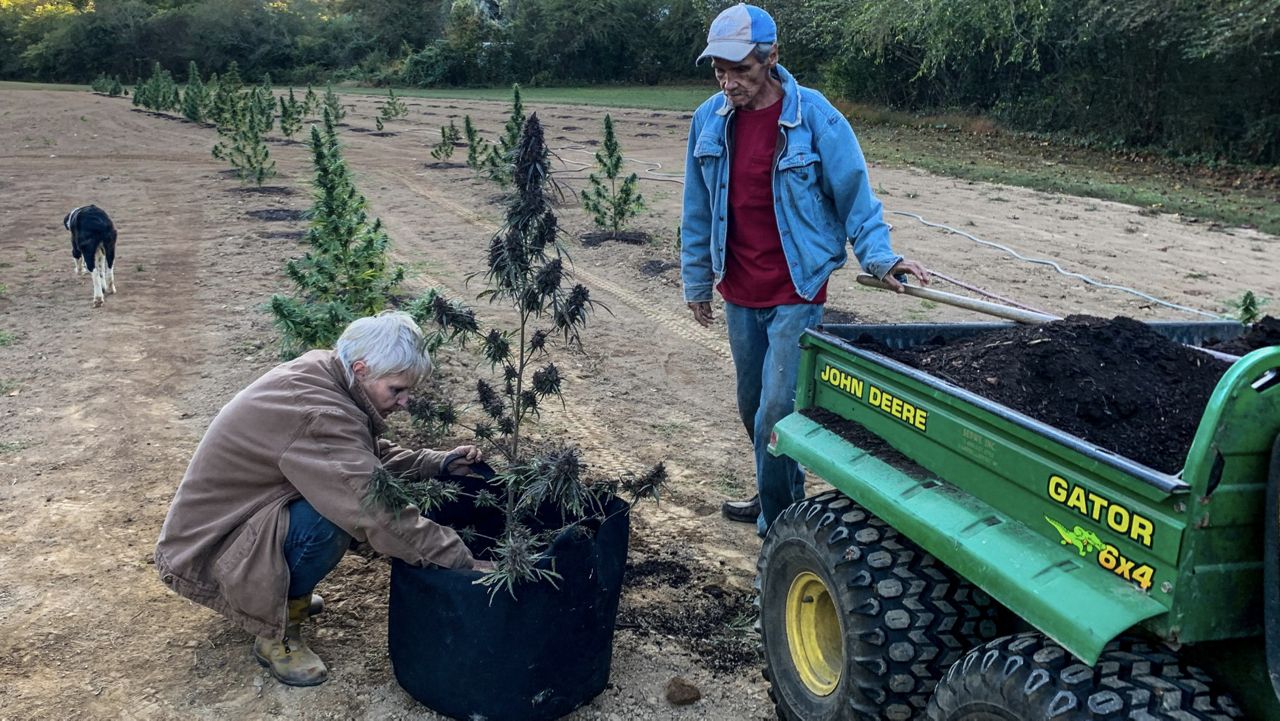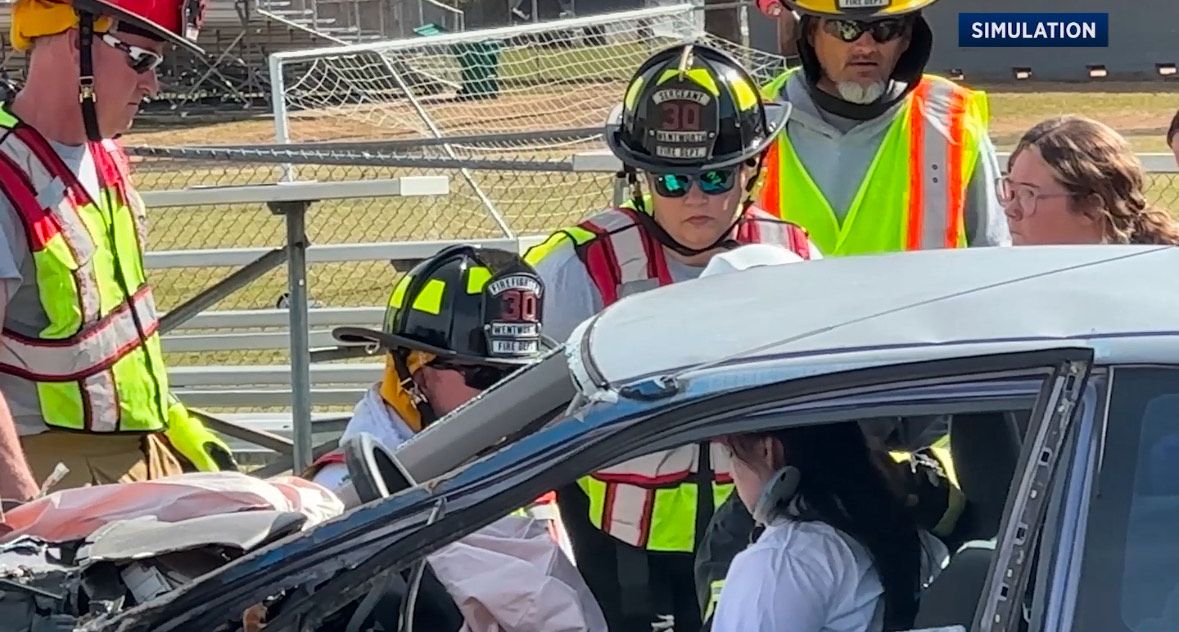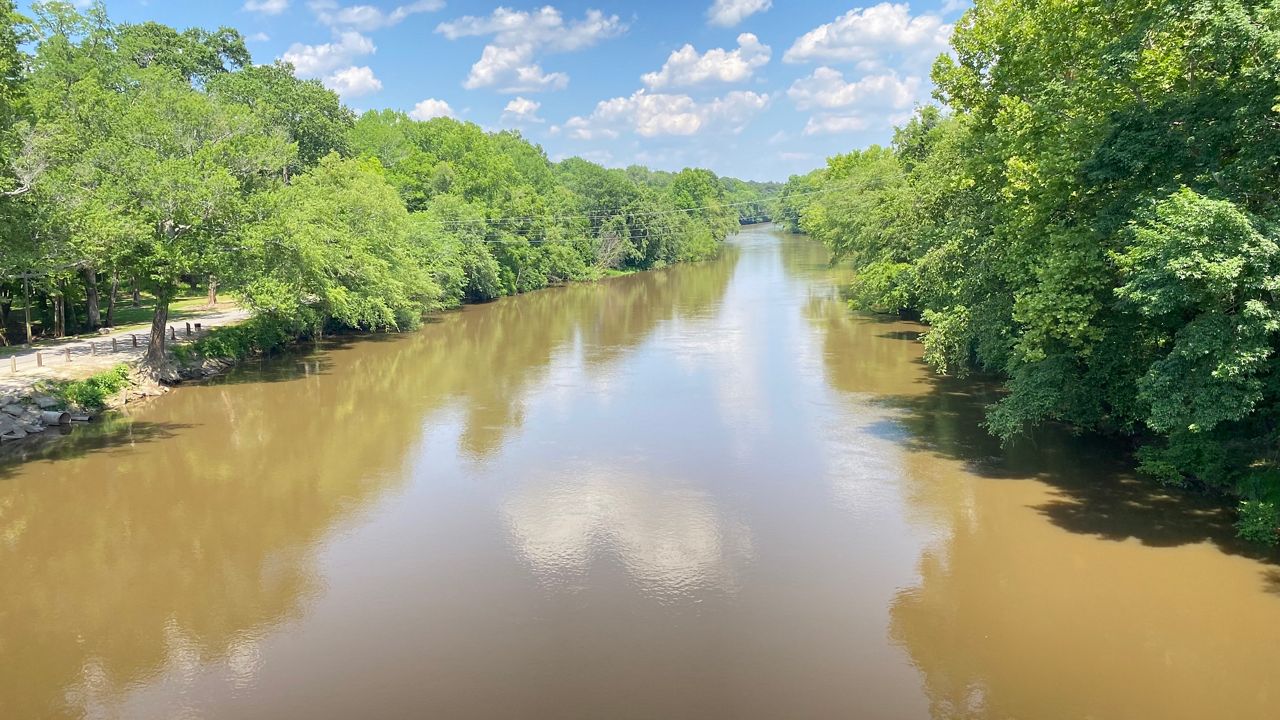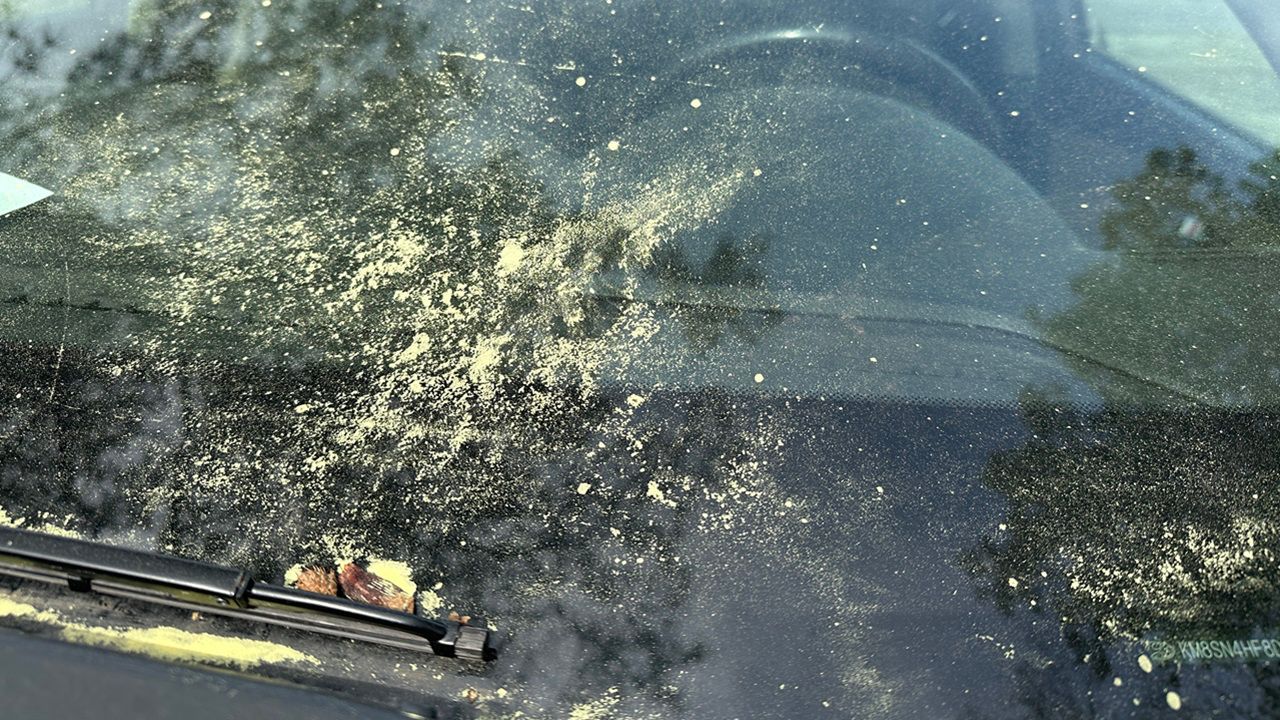The tribal council for the Cherokee in western North Carolina voted Thursday to legalize medical marijuana on tribal lands. The tribal land will be the first area in the state with legal possession of pot.
The vote makes possession of up to one ounce of marijuana by people 21 and older legal on tribal land, called the Qualla Boundary.
It’s still illegal to grow or sell pot on the tribe’s land. But Principal Chief Richard Sneed said this vote is just the first in what will be a series of moves to legalize marijuana on tribal lands.
“There’s so much science now supporting cannabis as a medicine,” Sneed told the tribal council before the vote. “This really is a quality of life issue as well for folks who have debilitating diseases, chronic pain, chronic back pain, cancer.”
"This is really just the first step, or kind of the cornerstone of moving toward medicinal. We have to have this in place first," Sneed said.
The people want cannabis, the world is changing, society is changing“The people want cannabis, the world is changing, society is changing,” Jeremy Wilson, the EBCI’s government affairs liaison, said in an earlier interview.
“We want to have dispensaries here on the Qualla Boundary and to be able to sell, but we have to start with this phase first,” he said.
The Cherokee have sovereignty and make their own laws on the Qualla Boundary, which includes about 100 square miles over five counties in western North Carolina.
"Go out and visit with some of the elders, it’s their medicine," council member Albert Rose said before voting to approve the law.
Council member Richard French said legal medicinal marijuana could help the opioid epidemic in the area.
"All of us have been affected by the opiods," he said. "All of us have lost someone."
"It’s for the betterment of our people," French said in the meeting.
The tribal council removed part of the ordinance that would have allowed people to give away small amounts of pot without selling it.
Pot is still illegal in North Carolina, but possession of less than a half ounce is punishable only with a fine.
A commission in North Carolina recommended decriminalizing possession of small amounts of pot in the state recently.
Federal laws on marijuana have been loosened in recent years, but it is still illegal.
States around the country have been decriminalizing or outright legalizing marijuana in recent years. Recreational or medical marijuana is legal in 36 states and the District of Columbia. Virginia will legalize recreational pot starting July 1.
Other Native American tribes have legalized marijuana in states where it was otherwise illegal. The Oglala Sioux in North Dakota legalized marijuana in October, according to Marijuana Business Daily, a magazine that tracks the marijuana industry.
“The Oglala Sioux Tribe is the first Native American tribe to move forward to legalize marijuana use in a state that has yet to similarly regulate it,” according to a statement from NORML, a marijuana advocacy organization.
South Dakota voters decided in the November election to legalize both medical and recreational marijuana in the state, but those regulations are still in the works, according to the group.
An earlier legalization effort by the Eastern Band of Cherokee failed a couple of years ago.
“Over the course of three years that I’ve been working on this, we’ve gained a good momentum of support in the public and more and more people are starting to grasp the idea of cannabis, marijuana to be exact, to be our next game-changer,” Wilson told Spectrum News 1 earlier this year.
Developing a marijuana industry on the Qualla Boundary could help offset losses at the casino, the biggest economic engine for the Cherokee.
The Catawba Nation is planning a casino at Kings Mountain, just outside Charlotte, which could cut the main revenue stream for the Eastern Band of Cherokee.
“Getting us to a place and a legal framework to where we can have a dispensary here to supply the medical marijuana that the public would need and create a new revenue line for us,” Wilson said.








